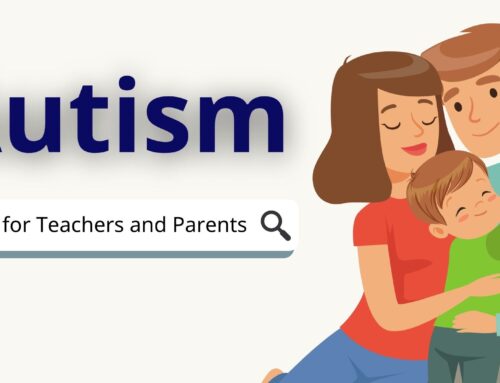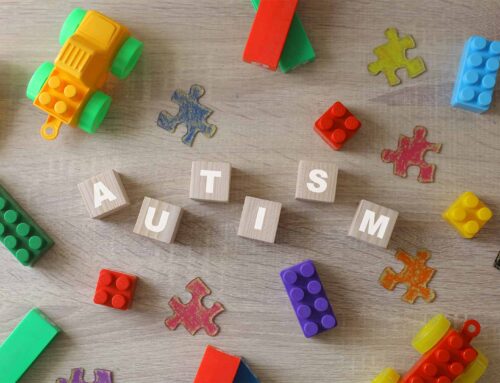Autism spectrum disorder (ASD) is a neurodevelopmental disorder that affects how a person communicates and interacts with the world around them. It is a spectrum disorder, meaning that people with ASD can have a wide range of symptoms and abilities. Some people with ASD may require significant support in their daily lives, while others may need less support and live independently.
Causes of autism
The exact cause of ASD is unknown, but it is believed to be caused by a combination of genetic and environmental factors. Some people with ASD have a known genetic condition that is associated with ASD, such as Fragile X syndrome or Down syndrome. Other people with ASD may have genetic changes that are not yet known to be associated with ASD. Environmental factors that may play a role in ASD include exposure to certain chemicals during pregnancy, premature birth, and low birth weight.
Signs and symptoms of autism
Signs and symptoms of ASD can vary from person to person. Some common signs and symptoms include:
- Social communication and interaction challenges: People with ASD may have difficulty understanding and using social cues, such as eye contact, facial expressions, and body language. They may also have difficulty understanding and responding to emotions.
- Repetitive behaviors or interests: People with ASD may engage in repetitive behaviors, such as rocking, flapping their hands, or repeating words or phrases. They may also have intense interests in specific topics or activities.
- Sensory sensitivities: People with ASD may be oversensitive or undersensitive to certain sensations, such as noise, light, touch, or taste. This can make it difficult for them to participate in everyday activities.
Diagnosis of autism
There is no single test for ASD. Diagnosis is based on a comprehensive evaluation of the child’s development and behavior. The evaluation may include:
- A developmental assessment to assess the child’s skills in areas such as language, communication, and social interaction.
- A behavioral assessment to identify any repetitive behaviors or interests that the child may have.
- A parent interview to gather information about the child’s development and behavior at home.
Treatment for autism
There is no cure for ASD, but there are a number of treatments that can help people with ASD manage their symptoms and live fulfilling lives. Treatment options vary depending on the individual’s needs and may include:
- Applied behavior analysis (ABA): ABA is a type of therapy that uses positive reinforcement to teach people with ASD new skills and behaviors.
- Speech therapy: Speech therapy can help people with ASD develop their communication skills and learn to use language more effectively.
- Occupational therapy: Occupational therapy can help people with ASD develop their fine motor skills, sensory processing skills, and daily living skills.
- Social skills training: Social skills training can help people with ASD learn how to interact with others in a socially appropriate way.
Living with autism
Autism is a lifelong condition, but people with ASD can live full and meaningful lives. With the right support and services, people with ASD can achieve their goals and thrive in the community.
Here are some tips for supporting people with autism:
- Be patient and understanding. It may take people with ASD longer to process information and respond to questions.
- Provide clear and concise instructions. Avoid using abstract language or sarcasm.
- Respect their personal space and sensory sensitivities.
- Help them develop their social skills. Encourage them to interact with others and provide them with opportunities to practice social skills.
- Celebrate their strengths and accomplishments.
Conclusion
Autism is a complex neurodevelopmental disorder that affects how a person communicates and interacts with the world around them. There is no cure for ASD, but there are a number of treatments that can help people with ASD manage their symptoms and live fulfilling lives. With the right support and services, people with ASD can achieve their goals and thrive in the community.
If you are serious about learning, then one-on-one classes at OrbRom Center are the best way to go. Our experienced teachers will help you achieve your academic goals. Contact us TODAY.
Welcome to OrbRom Centre
Choosing learning support for your child is one of the most important decisions you will make, and I welcome you to discover more about why OrbRom is the best option in Phnom Penh.

H. Sophaneth B.Ed, M.Ed





Leave A Comment